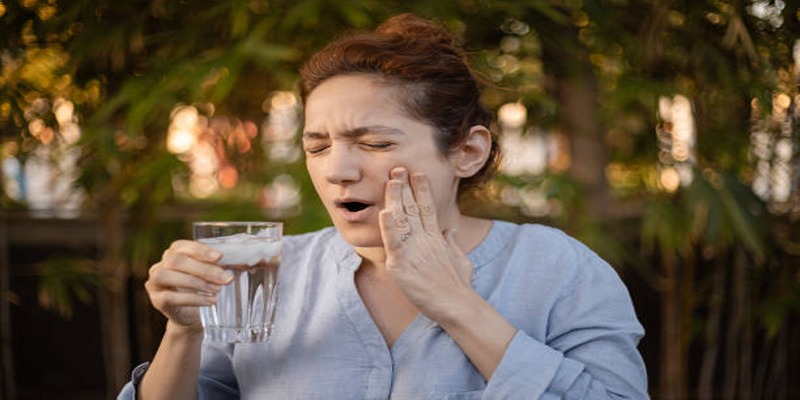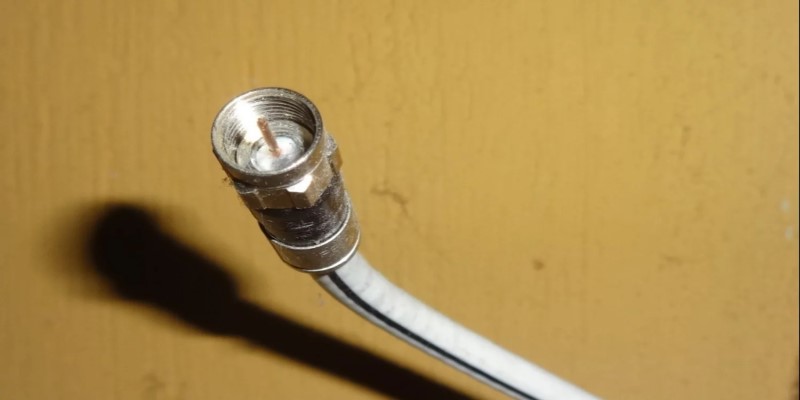Water is often touted as a natural remedy for many skin issues, including acne. Many people believe that drinking plenty of water can help clear up skin by flushing out toxins and keeping it hydrated. This simple approach seems appealing for those struggling with acne, as it suggests a straightforward and accessible solution. However, the relationship between water consumption and acne prevention may not be entirely straightforward. Some experts suggest that while staying hydrated is essential for overall health, it may not directly lead to clearer skin. Understanding the real connection between drinking water and acne can help set realistic expectations.
What is Acne?

Acne is a skin disorder that billions of people in society experience regardless of their age and sex. It arises when hair follicles are plugged with the oils and skin cells thus forming whiteheads, blackheads as well as pimples. Acne can develop on any part of the body but is particularly widespread in the face, back, chest and shoulders. Hormones, mostly during puberty, are the main cause of acne, however, genetics, diet, stress, and skin care products too can cause acne.
The Role of Water in the Body
The human body contains directly about 60 % of water and its importance cannot and should not be overemphasized. It contains heat and keeps the body temperature constant, digests food and with blood transports Nutrition to various body cells, discharges unwanted material in the form of sweat and urine and gives elasticity to the skin. Lack of water in the body can cause our skin to be dry and dry looking. Hence drinking water can be significantly advisable for preserving the skins health.
The Link Between Drinking Water And Acne
A frequent myth though held about drinking water is that it helps to wash the toxins out of the body and cure acne. Thus, the importance of water for the skin condition is undeniable, however, there is not enough evidence that water can cure or help to stop the appearance of acne. Some specialists claim that in fact the only connection between water and acne is that water helps to moisturize the skin.
Hydration and Skin Health
Dehydrated skin can lead to a weakened skin barrier, which can make it more susceptible to acne breakouts. When the skin is dry, it produces more oil to compensate for the lack of moisture, leading to clogged pores and acne. Drinking enough water helps maintain the skin's natural moisture balance and improves its overall function.
Internal Hydration and Sebum Production
Keeping the body well-hydrated can indirectly affect acne by influencing sebum production. Sebum is the oily substance produced by sebaceous glands that can clog pores, potentially leading to acne. While drinking water doesn't directly alter sebum production, ensuring adequate hydration helps prevent the skin from becoming dry. When skin is dry, sebaceous glands may produce more oil to compensate, which can exacerbate acne. Thus, maintaining proper hydration could contribute to a more balanced oil production.
The Impact of Water on Skin Texture
Drinking sufficient water can enhance skin texture by ensuring cells receive the hydration they need to function optimally. Adequately hydrated skin can appear more plump and resilient, reducing the appearance of fine lines and improving the overall texture. Although not directly related to acne prevention, improving skin texture can enhance one's overall complexion and reduce the irritation that may accompany acne blemishes.
Water Intake and Dietary Balance
The consumption of water is just one piece of the dietary puzzle when tackling acne. Hydration needs to be part of a balanced diet that includes a variety of nutrients essential for skin health. Fruits, vegetables, and foods rich in antioxidants can aid in reducing inflammation and promoting clearer skin. A diet that prioritizes balance, including proper hydration, can indirectly support acne treatment and prevention efforts.
Scientific Insights on Water and Acne
While the idea of drinking water to clear acne may seem logical, scientific studies on this topic are limited. A 2011 study published in Clinical, Cosmetic, and Investigational Dermatology found no significant relationship between water intake and acne severity. However, a 2020 review published in the International Journal of Women's Dermatology suggests that there is some evidence for the benefits of hydration in supporting healthy skin.
Benefits of Staying Hydrated

While the connection between drinking water and acne prevention may not be entirely direct, staying hydrated still offers numerous benefits for overall health.
- Skin Elasticity: Adequate water intake helps to maintain skin elasticity, preventing sagging and keeping skin firm. Optimal hydration ensures that skin cells retain their shape and flexibility, which can lead to a more youthful appearance.
- Detoxification: Water plays a crucial role in detoxifying the body by aiding in kidney function and helping to flush out waste products. This process is essential for maintaining a clean and healthy internal environment, which can reflect positively on the skin's health.
- Nutrient Absorption: Staying hydrated aids in the absorption of nutrients from the foods we consume. Water is involved in the digestion process, helping to break down food so that nutrients can be effectively absorbed by the bloodstream, which in turn supports overall health, including skin condition.
- Reduced Occurrence of Skin Problems: By keeping the body hydrated, the risk of skin problems such as dryness, flakiness, and sensitivity can be reduced. While not directly linked to acne prevention, this can lead to overall healthier skin and potentially fewer inflammatory responses that exacerbate acne.
Tips for Staying Hydrated
- Drink water regularly throughout the day, aiming for at least eight glasses (64 ounces) per day.
- Eat foods high in water content, such as fruits and vegetables. This can help supplement your daily water intake.
- Avoid excessive caffeine and alcohol consumption, both of which can contribute to dehydration.
- Use a hydrating moisturizer or facial mist to keep skin hydrated externally.
Conclusion
While drinking water alone may not be the ultimate solution for preventing or treating acne, proper hydration is still essential for overall skin health. Staying hydrated can indirectly support clearer skin by maintaining the skin's natural moisture balance and promoting healthy cell function. Along with a balanced diet and skincare routine, staying well-hydrated can contribute to achieving a healthy, glowing complexion. So remember to drink your water and keep your skin happy and healthy!











